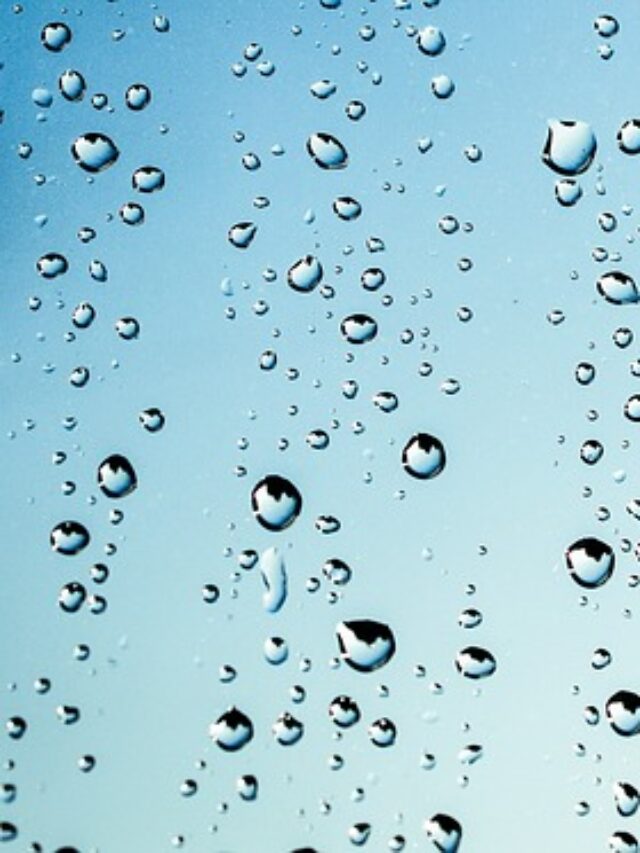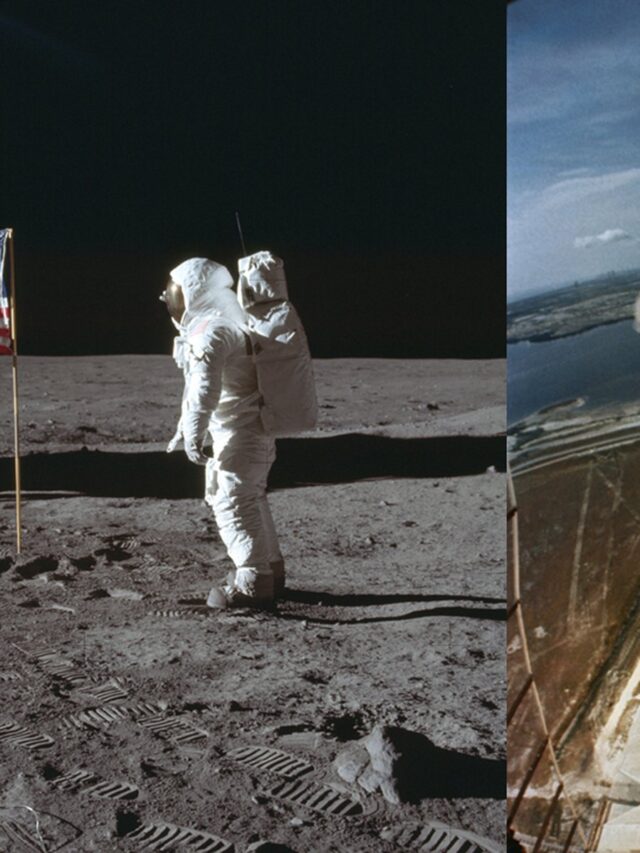Who does not love the rains, especially in India where a good part of the year is either scorching hot or too cold? Monsoon is the time when the country finds relief from extreme temperatures. However, it is also the time when many people fall sick due to monsoon-related diseases. These diseases include dengue, chikungunya, typhoid, and viral fever, among others. Monsoon also aggravates the problems faced by people with allergies and other pre-existing conditions.
Moreover, slippery roads, potholes, waterlogging, and low visibility are among the top reasons for road accidents during the rains. To help you in such situations, remember to purchase a personal accident insurance policy. It will cover your medical and hospital bills in the case of a road mishap.
Invest in a robust health insurance policy to ensure coverage during a medical contingency. Here is a list of common health problems that surface during the rainy season and ways to avoid them.
Common disorders during the monsoon
Temperature variations, humid conditions, contaminated food, and stagnated water pools—all contribute to health problems. Some common monsoon-related diseases include:
- Malaria
Malaria, a mosquito-borne disease, spreads rapidly during monsoons. Stagnant water pools in the rain provide breeding spots for mosquitoes. To prevent malaria from spreading, unclog the clogged areas and keep your neighborhood as dry as possible.
- Dengue
Aedesaegypti mosquito is responsible for spreading dengue among humans. Common symptoms include rashes, high fever, low platelet count, and hypersensitivity. To avoid it, get rid of any stagnant water body in your neighborhood.
While you can take necessary precautions to avoid dengue, there is no guarantee of not contracting the disease. In many cases, constantly dropping platelet counts may lead to immediate hospitalization of the patient. Having medical insurance can prove beneficial in such situations. It can reduce your burden by offering financial assistance.
- Common Cold and Flu
Temperature variations during the rainy season make you susceptible to viral and bacterial infections. As a result, cold and flu are among the most common health conditions during the rains.
While there is no direct way of evading these conditions, you can boost your immunity by having a balanced diet rich in vitamin C. It helps your body to produce more antibodies and fight disease-causing agents.
In addition to medical cover, do purchase a personal accident insurance policy. It will safeguard you from any unforeseen events, losses, and illnesses.
- Typhoid
Typhoid fever is caused by the bacterium Salmonella typhi, which breeds in murky waters and unhygienic places. Consuming contaminated food and water causes the condition among humans.
This is the reason why most doctors advise you to avoid outside food during the rains. Having a water purifier at home can help in purifying water before consumption. Drinking boiled water is another way to ensure your water is clean and safe water.
Buy health insurance as well as critical illness insurance to enjoy wide coverage in the face of crisis. The ICICI Lombard Complete Health Insurance policy includes coverage for maternity costs, critical illness treatment expenses, OPD charges, and donor cover.
- Hepatitis A
Similar to typhoid, Hepatitis A spreads through contaminated food and water. Rashes, vomiting, and fever are some common symptoms of this condition.
- Viral Fever
Viral fever is among the most common monsoon-related diseases in India. Temperature fluctuations and warm and humid conditions boost the spread of viral fever. It is characterized by body aches, fever, and chills. Like all viral diseases, even viral fever is highly contagious. It is spread by coming in direct physical contact with the patient. Also, the droplets in the air cause its spread. Viral fever lasts for around 3 to 7 days.
- Cholera
Cholera is caused by the bacterial strains of Vibrio cholera. Also, cholera is water-borne infectivity that affects the gastrointestinal tract. Cholera patients complain of diarrhea and dehydration. To keep cholera at bay, make sure to drink either boiled or filtered water.
- Chikungunya
It is common in areas that have stagnated water pools. These mosquitoes usually breed in wet water pipes, utensils, plants, coolers, and overhead tanks.
The condition is accompanied by chills, fatigue, high fever, and acute joint pain.
Since healthcare costs are rising by the day, any need for treatment or hospitalization can burn a hole in your pocket. Therefore, it is ideal to buy a comprehensive policy with critical illness insurance cover to cater to your basic healthcare needs.
Ways to avoid monsoon-related common diseases
Here are some ways to protect yourself from different illnesses that prevail during the rainy season:
- Drink only purified water that has been processed by a water purifier. By doing so, you can be sure that the water is cleansed of viruses and bacteria.
- Eat only home-cooked food and avoid outside food during the wet months. Unhygienic conditions at restaurants and roadside eateries make you vulnerable to a host of diseases including Hepatitis A and stomach infections.
- Keep your home clean and well-ventilated. In case there are any damp areas or leaks in your home, repair them immediately.
- Apply mosquito repellent and wear full sleeve shirts when spending time outdoors
- Do not visit crowded places
- Wash your hands before every meal. Also, avoid touching your nose and mouth often
Conclusion
No matter how much you try to avoid falling ill, there is no guarantee that you will not contract illnesses. That’s why it is important to have medical insurance. Compare insurance policies before choosing one based on your needs and budget. Read the policy documents carefully before signing on the dotted line. After all, you want maximum value for your money, right?















